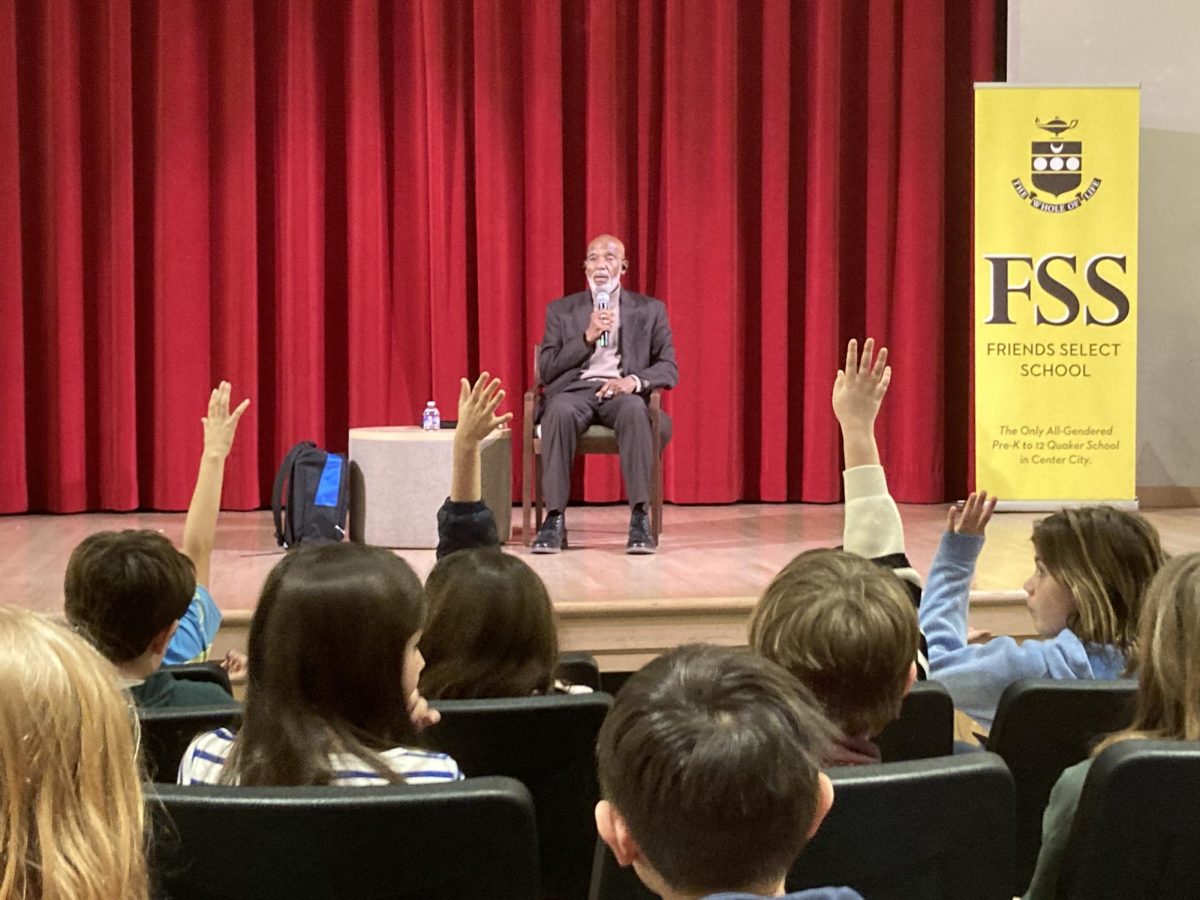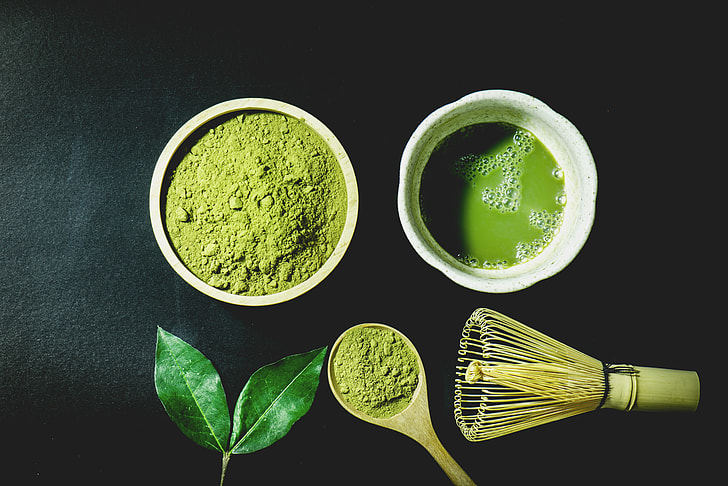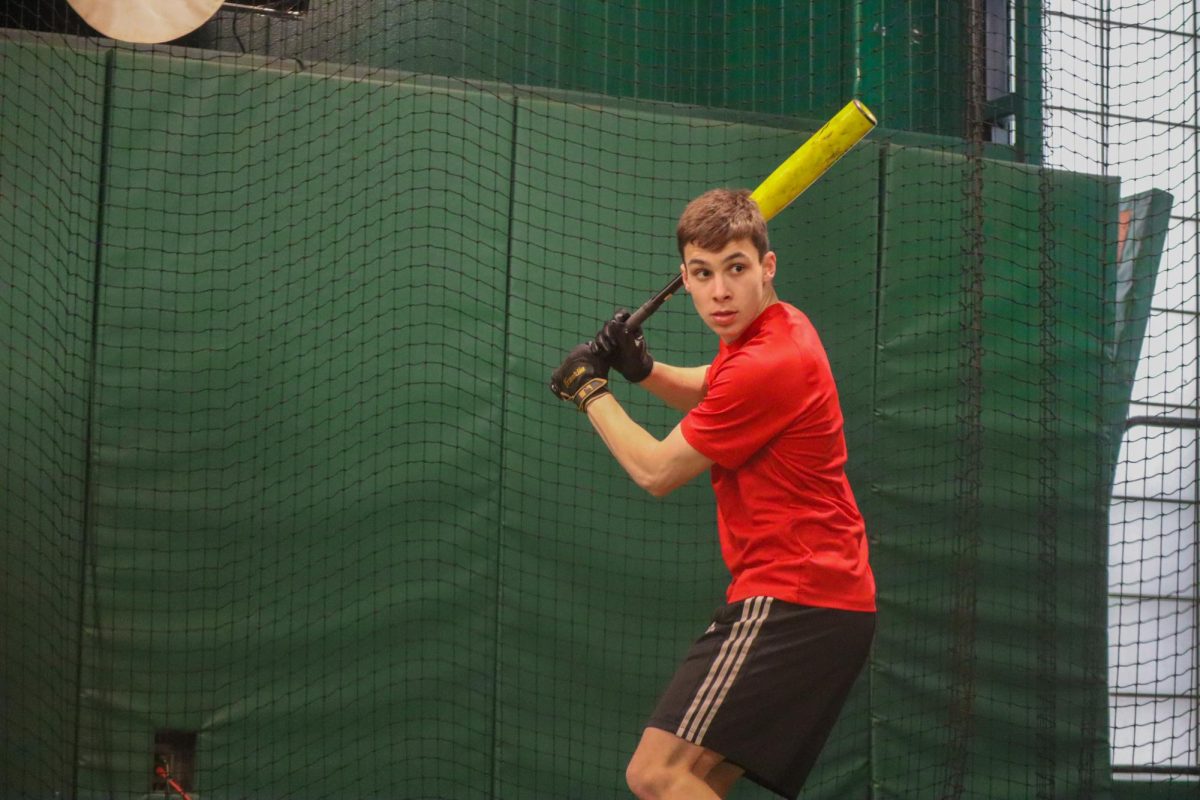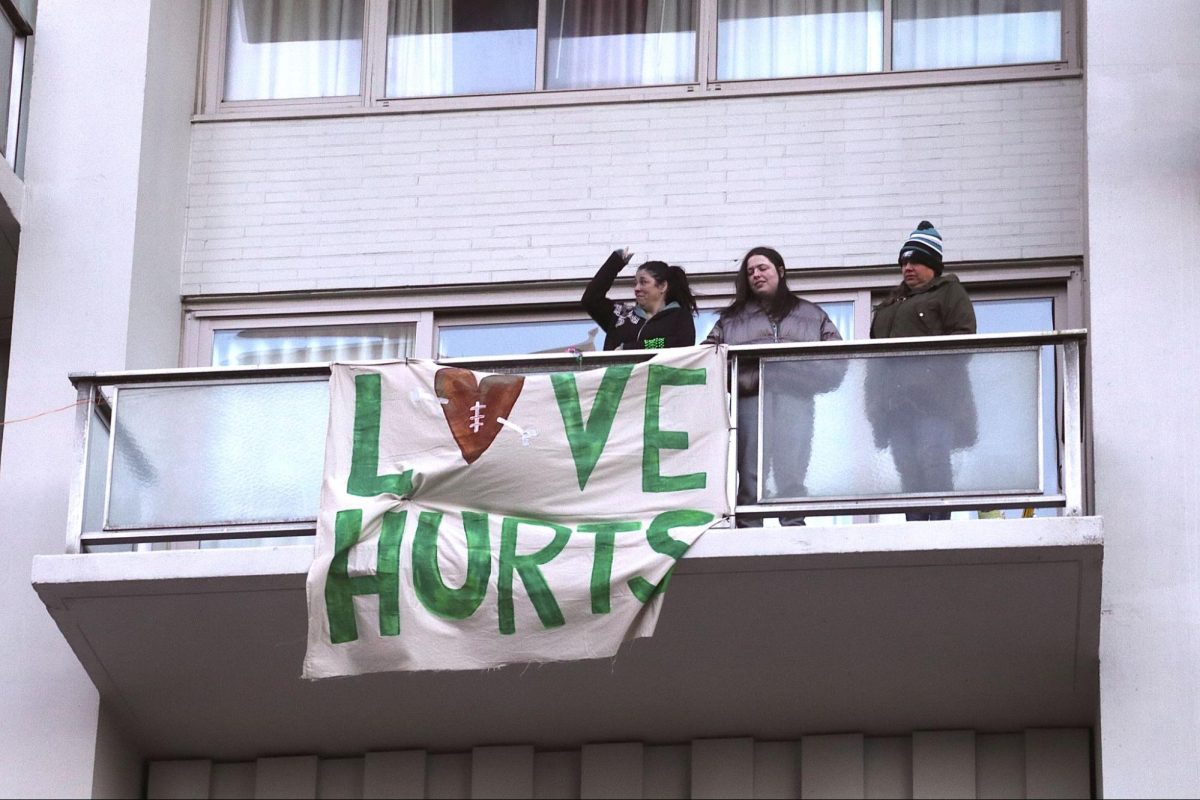Op/Counter-Op: Should Underclassmen be Required to take PE if they Play on 2+ School Sports Teams?

Peter Ryan: YES
P.E. teaches cooperation and leadership skills in a way that official school sports cannot. Whereas school sports teams are somewhat self-selected groups of talented and driven athletes, P.E. games involve students of varying athletic abilities. This diversity of athletic propensities pushes more talented athletes to work on patience and communication skills. Comforting a varsity teammate after one mistake is easy; accepting and incorporating less-athletic teammates who struggle despite trying their best, teaches athletes compassion and composure in a way that other classes do not.
By the time students reach high school, they have already developed perceptions of their athletic abilities, sometimes with negative effects. According to a study from McNeese State University, athletic ineptitude can have long-lasting damage on young students’ self-esteem. Allowing accomplished athletes to opt out of P.E. classes would only reinforce other students’ low athletic self-esteem. According to the University of Illinois and the National Library of Medicine, participation in P.E. classes can boost high school students’ self-esteem and make less athletic students more comfortable with physical exercise. Would these students still feel positive about their performance if they knew that their more able peers were excused? Giving gifted athletes free passes from P.E. classes would have the same effect as introducing honors classes to Friends Select (reinforcing feelings of inadequacy and weakness among students with less mainstream talents).
Student-athletes are correct that an extra couple of free periods every week would grant convenient time to complete school-work, but time management is an important part of joining any extracurricular activity. The time constraints that apply to athletes also apply to participants in school productions and students with after school jobs. If these students can balance their activities and schoolwork without an extra free period, then athletes can too.
Margot Schneider: NO
Being a student-athlete in high school involves dedication, time commitment, and hard work, resulting in an opportunity to play a sport you love, a close bond with teammates, and a great way to stay in shape. As a student-athlete myself, I have learned how to balance my athletic schedule with schoolwork and other commitments over the years. Though I have absolutely loved being an FSS athlete, it is undoubtedly a responsibility that students will need to fully embrace should they want to succeed and manage their athletics with their academics. Underclassmen are currently required to take a semester of physical education in 9th and 10th grade, even if they play a sport for two or three seasons. However, these students would benefit from an exemption from this requirement (like how the juniors and seniors currently are if they participate on 2+ teams).
Playing on a sports team is obviously a great way to exercise. Teams not only practice their sport, but also condition through running sprints, timed miles, or stairs. Students who regularly participate in these activities for two-thirds of the school year do not need the added physical activity gained from exercising in a PE class. Excluding health units that teach academic material, student-athletes need time to rest their bodies; they should not be required to constantly work out and perhaps even over-work themselves to the point of impairing their athletic performance.
Student-athletes already dedicate their time to school athletics in a different way. Sports teams require more from a student than a PE class usually would; after-school practices usually take between 1.5-2 hours after eight hours of school each day (and, for some teams, Saturdays as well), whereas PE classes happen a few times a week for a much shorter period. Students who are spending most of the year playing for FSS teams do not lack dedication to FSS athletics or a commitment to exercising regularly.
Lastly, because students are already showing a commitment to their fitness and to the school, they should be given the privilege of a free period instead of being required to attend PE class. They are deserving of this, but it will also benefit them academically. Committing to playing on a team takes a lot of time and effort from the student each day, and this may pose a challenge when trying to stay on top of academic work, which should be the top priority. Being given an extra study period a few times a week would allow athletes to take care of themselves and rest, to be rewarded for their commitment to their various teams, and to best manage their time and academic schedule. The term is “student-athlete” after all, meaning that schoolwork should come first.






















